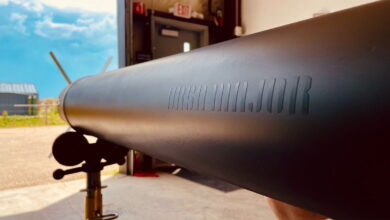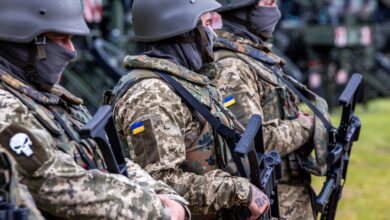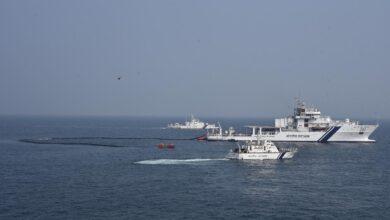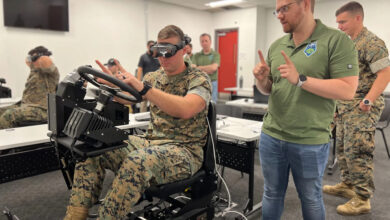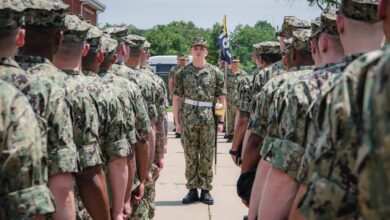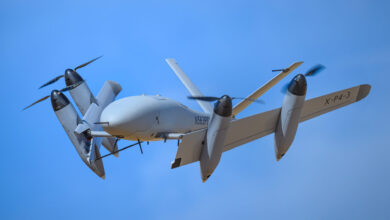Australian Army Tests New Urban Warfare Live-Fire Range in Brisbane
Australia is validating a new purpose-made urban operations live-fire range for the army in Brisbane.
The Deployable Austere Shoot House (DASH) serves as the army’s first firing facility since the 90s and early 2000s following the establishment of special operations counter-terrorism centers in Perth and Sydney.
The new, single-story hub incorporates equipment to accommodate rifle and pistol systems.
It has 10 rooms and three hallways designed for corresponding urban combat conditions. The walls are based on Hesco baskets, layered with rubber sheets, and filled with 10-millimeter (0.4 inches) basalt aggregate to resist close-range fire down to 1 meter (3.2 feet).

Canberra wrote that the Australian Army conducted training at the DASH center to support the ongoing operational testing and assessment of the site.
It involved about 30 personnel from the Royal Australian Regiment’s 8th/9th Battalion, a motorized infantry unit based in Queensland.
Sessions required the use of lethal and non-lethal ammunition in different scenarios.
The unit’s Course Instructor Warrant Officer Class II Phil Brown said soldiers also underwent explosive breaching and grenade simulations during the event.
“The end state of the course is to prepare for war, not a live-fire range,” Brown stated.
Maintaining Lethality, Survivability
Another instructor, Sgt. Casey Morrison, explained that live-firing experience from the DASH complex helped the participants cope with stress and anxiety for future deployments.
Morrison and Brown, along with other trainers, curated tactical doctrines and procedures up to platoon level over three years according to their urban live-fire experience under the Australian military’s Special Operations Command.
“If our participants are using these principles in a combat context, not only do they make us more lethal and survivable but they also aid range safety, controlling a live-fire manoeuvre practice,” Morrison said.
“It’s a skill that degrades quickly and takes a lot of practice to maintain – reading building anatomy and other combatants’ body language and manoeuvring as a team in a complex environment effectively.”
DASH will activate for three years and accommodate combat brigades after its testing concludes.




